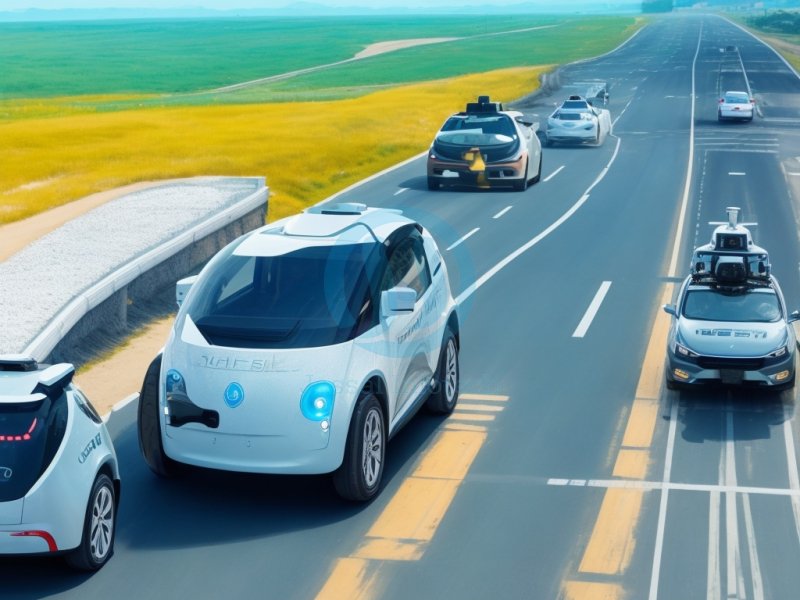
Welcome to the future of transportation! In recent years, the automotive industry has witnessed a revolutionary development in self-driving cars. Autonomous vehicles, once the stuff of science fiction, are now becoming a reality, promising to transform our daily lives in ways we couldn't have imagined. In this blog, we will dive deep into the advancements that have led to the rise of self-driving cars and explore the implications they hold for our society, economy, and environment.
The road to autonomous vehicles has been paved with incredible technological advancements. From sensor systems like LiDAR and radar to advanced machine learning algorithms, engineers have been working tirelessly to create vehicles that can navigate and make decisions without human intervention. With billions of miles driven in testing, these self-driving cars are continuously learning and improving, inching closer to perfection.
One of the most significant benefits of autonomous vehicles is the potential to revolutionize road safety. Human error is responsible for the majority of accidents, but self-driving cars have the ability to eliminate this factor. With lightning-fast reaction times and 360-degree awareness, autonomous vehicles promise to make our roads safer than ever before, potentially saving thousands of lives each year.
As self-driving cars become mainstream, our cities and urban landscapes will undergo substantial changes. With reduced traffic congestion and the need for parking spaces, urban planners will have the opportunity to repurpose land currently used for parking lots. This could lead to more green spaces, bike lanes, and improved pedestrian areas, enhancing the overall quality of life in urban environments.
Autonomous vehicles have the potential to revolutionize transportation for individuals with mobility challenges. Elderly and disabled individuals who may not have been able to drive can now experience newfound freedom and independence. Additionally, self-driving technology could reshape public transportation, making it more accessible, efficient, and convenient for everyone.
With the rise of autonomous vehicles, we can anticipate disruptions in various sectors. While the automotive industry will thrive with new opportunities for innovation, traditional driving-related jobs may decline. Taxi drivers, truckers, and delivery drivers may face challenges in adapting to this technological shift. However, new job opportunities in the fields of autonomous vehicle maintenance, software development, and data analysis will emerge.
Beyond the convenience and safety aspects, self-driving cars have the potential to contribute significantly to environmental preservation. With optimized driving patterns, reduced fuel consumption, and the possibility of shared transportation, autonomous vehicles can help decrease greenhouse gas emissions and combat climate change.
As we approach a future where machines make life-and-death decisions on the road, ethical questions arise. How should self-driving cars prioritize safety in unavoidable accidents? These complex ethical dilemmas will require careful consideration, and society must engage in open discussions to establish regulations and guidelines for autonomous vehicles.
The rise of autonomous vehicles is set to transform the way we travel, live, and interact with our surroundings. With technological advancements rapidly advancing, self-driving cars offer unparalleled safety, accessibility, and environmental benefits. However, their integration into our society also presents unique challenges, such as job market shifts and ethical concerns. As we embark on this transformative journey, it is crucial to strike a balance between embracing innovation and addressing the implications to create a future where self-driving cars can coexist harmoniously with society.
Get ready for the automotive revolution—the self-driving cars are coming, and they're here to stay!
Share This News